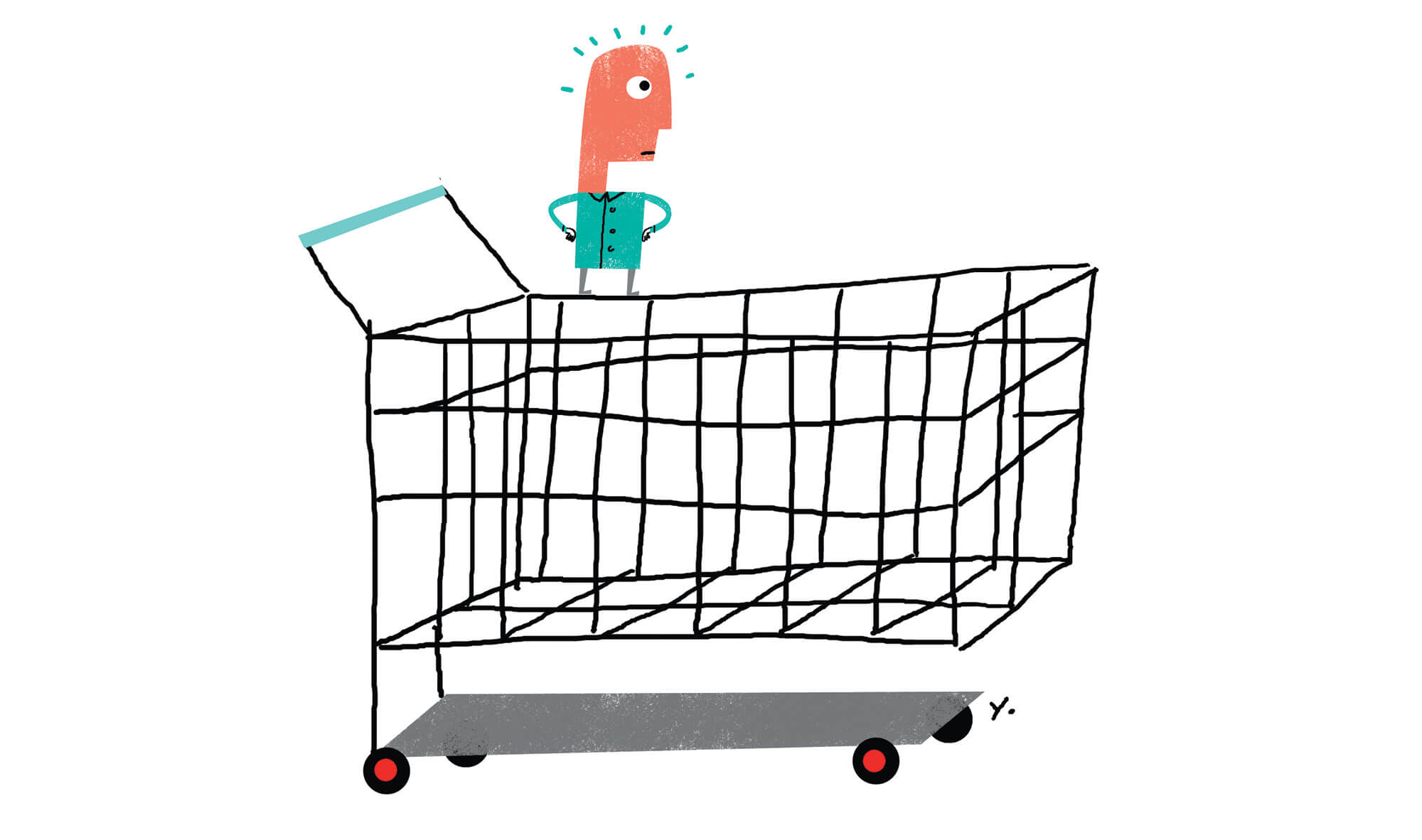Why brands should care about our imperfect memory

Quick: List your three favorite fast-food restaurants.
If you’re like many people, McDonald’s, Wendy’s, and Burger King may come to mind—even if you much prefer In-N-Out or Chick-fil-A.
A new Haas study combining decision-making experiments with brain scans found that when it comes to making choices, we frequently and predictably forget about the things we like best and are instead swayed by what we remember—a finding that explains the importance of brands for consumers and has implications for crafting public policy and managing neurodegenerative diseases.
The findings challenge the fundamental tenets of traditional economic models that assume people make rational decisions from all available options. Because most decisions don’t come with multiple-choice answers, we instead conjure options from our imperfect memories.
“Everyone knows that human memory is limited, but scientists know surprisingly little about how this limit impacts our decisions,” says lead author Zhihao Zhang, a Haas postdoctoral scholar, who conducted the research with Assoc. Prof. Ming Hsu and UCSF neurologist Andrew Kayser.
To measure the influence of memory on decisions, the researchers examined people’s choices for different types of branded and nonbranded consumer goods, such as fast food, fruit, and sneakers. In one open-ended study, 30% of people said McDonald’s was their preferred fast food; yet for those given a list of restaurants, only half that many chose the golden arches, while the other half chose restaurants like In-N-Out or Chick-fil-A.
The researchers also scanned the brains of a group of participants using fMRI (functional magnetic resonance imaging). When people were asked to make open-ended choices, the memory retrieval regions of their brains lit up. That didn’t happen when people chose from a list.
All told, the findings show that our memories limit our choices. “What we observed for McDonald’s is true for every product category we investigated and really speaks to the power of brands,” says Hsu.